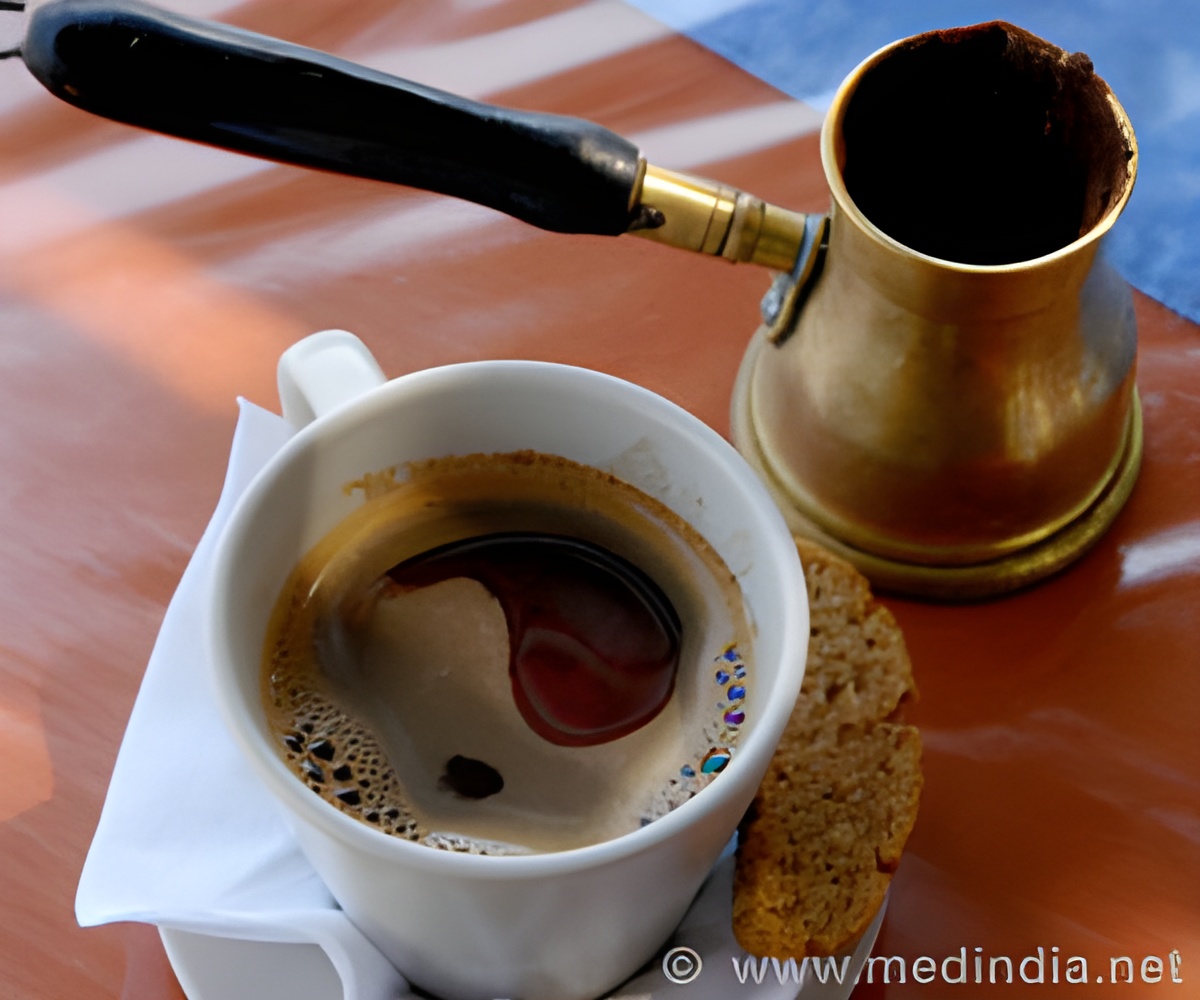Children as young as four are targeted by the popularity of caffeinated sodas and energy drinks, and caffeine intake by children and adolescents has been rising for decades.

Downloadable photos of Temple are available at www.buffalo.edu. Past studies, including those by this research team, have shown that caffeine increases blood pressure and decreases heart rate in children, teens and adults, including pre-adolescent boys and girls. The purpose here was to learn whether gender differences in cardiovascular responses to caffeine emerge after puberty and if those responses differ across phases of the menstrual cycle.Temple says, "We found an interaction between gender and caffeine dose, with boys having a greater response to caffeine than girls, as well as interactions between pubertal phase, gender and caffeine dose, with gender differences present in post-pubertal, but not in pre-pubertal, participants.
"Finally," she says, "we found differences in responses to caffeine across the menstrual cycle in post-pubertal girls, with decreases in heart rate that were greater in the mid-luteal phase and blood pressure increases that were greater in the mid-follicular phase of the menstrual cycle. "In this study, we were looking exclusively into the physical results of caffeine ingestion," she says.Phases of the menstrual cycle, marked by changing levels of hormones, are the follicular phase, which begins on the first day of menstruation and ends with ovulation, and the luteal phase, which follows ovulation and is marked by significantly higher levels of progesterone than the previous phase.
Future research in this area will determine the extent to which gender differences are mediated by physiological factors such as steroid hormone level or by differences in patterns of caffeine use, caffeine use by peers or more autonomy and control over beverage purchases, Temple says.This double-blind, placebo-controlled, dose-response study was funded by a grant from the National Institute on Drug Abuse of the National Institutes of Health. It examined heart rate and blood pressure before and after administration of placebo and two doses of caffeine (1 and 2 mg/kg) in pre-pubertal (8- to 9-year-old; n = 52) and post-pubertal (15- to 17-year-old; n = 49) boys (n = 54) and girls (n = 47).
Source-Eurekalert
 MEDINDIA
MEDINDIA




 Email
Email










